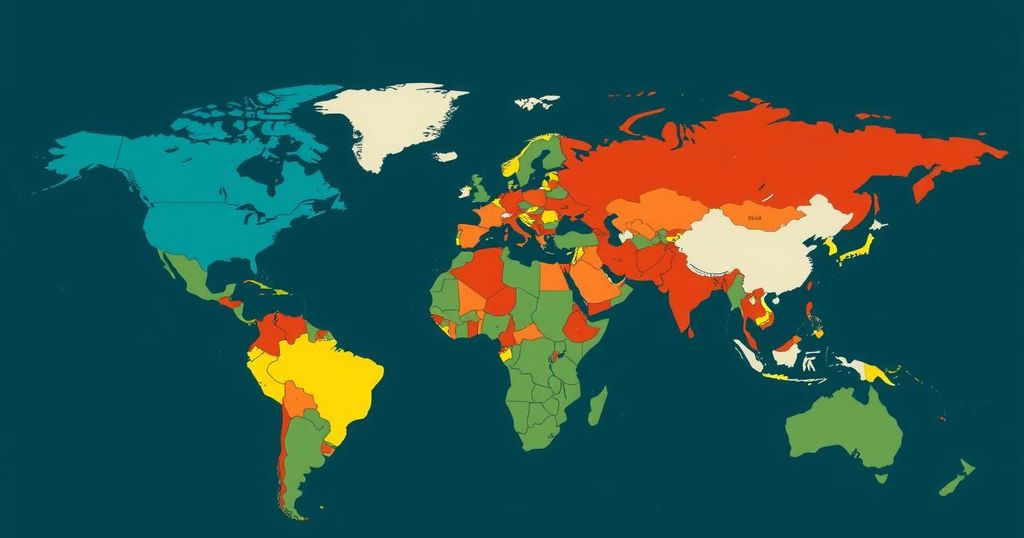Wealthier Nations Begin Compensating Developing Countries for Climate Change Damages
Richer nations are beginning to compensate poorer countries for damages caused by climate change, as exemplified by the case of Christopher Bingala in Malawi, who received $750 after Cyclone Freddy destroyed his home. Despite a pledge of $720 million from developed countries, experts warn this amount is insufficient given the rising frequency of climate-related disasters. The ongoing COP29 climate summit is focused on establishing clear guidelines for fund allocation to support affected nations.
In the wake of Cyclone Freddy, which devastated southern Malawi in 2023, efforts have intensified to establish a compensation framework for climate change-induced losses. Christopher Bingala, a subsistence farmer, lost his home and livestock but received a payment of approximately $750, marking an early instance of compensation specifically for loss and damage due to climate events. This new funding mechanism aims to address the financial burdens borne by impoverished nations disproportionately affected by severe climatic events despite contributing minimally to global emissions.
Last year, wealthier countries pledged around $720 million to a fund dedicated to aiding nations facing the impacts of climate change. Discussions at the COP29 climate summit in Baku, Azerbaijan are ongoing regarding the allocation of these funds and the responsibilities of high-emission nations. Analysts stress that the pledged amount is grossly insufficient given the rising frequency and intensity of natural disasters.
Malawi, where flooding displaced around 650,000 people, has witnessed the significant impacts of climate change firsthand. Following the cyclone, Bingala and his family found refuge on higher ground after their house collapsed, but faced food shortages. The crucial payment enabled him to relocate and construct a safer home in a less vulnerable area, demonstrating the positive potential of targeted climate compensation.
The funding Bingala received came from the Scottish government, which has pioneered loss and damage financing with non-profits facilitating the distribution of aid to affected families. Experts emphasize that low-income communities in developing nations often lack adequate protection or insurance against extreme weather events, which exacerbates their struggles. The Malawi initiative serves as a trial for broader frameworks aimed at compensating lower-income countries suffering from the adverse effects of climate change.
As the frequency of extreme weather events increases, the financial demands on developing nations are anticipated to escalate significantly, potentially reaching $250 billion annually by 2030, as climate experts have warned. The urgency for a well-structured and adequately funded loss and damage mechanism is evident, not only for recovery but also for proactive measures such as relocation and preservation of crucial ecological and cultural sites. Prime Minister Philip Davis of the Bahamas underscored the moral imperative for affluent nations to take responsibility for their emissions and their impact on vulnerable countries.
The article discusses a new compensation mechanism designed to provide financial relief to developing countries severely impacted by climate change. As wealthier nations acknowledge their responsibility in contributing to climate-related damages, they are pledging funds to support those who suffer disproportionately. The recent catastrophic event in Malawi illustrates the dire consequences of climate change and the pressing need for structured financial assistance to help affected communities rebuild and recover.
In conclusion, the urgent need for loss and damage funding is spotlighted by the devastating effects of climate change on vulnerable nations such as Malawi. The initial payments provided symbolize a necessary step towards accountability and support from wealthier countries. However, as the frequency of natural disasters escalates, a more robust, comprehensive funding framework is essential to address not just recovery but also long-term strategies for adaptation and resilience against future climate impacts.
Original Source: www.wuwm.com




Post Comment